Trump praises Merkel but gives little ground on trade, Iran
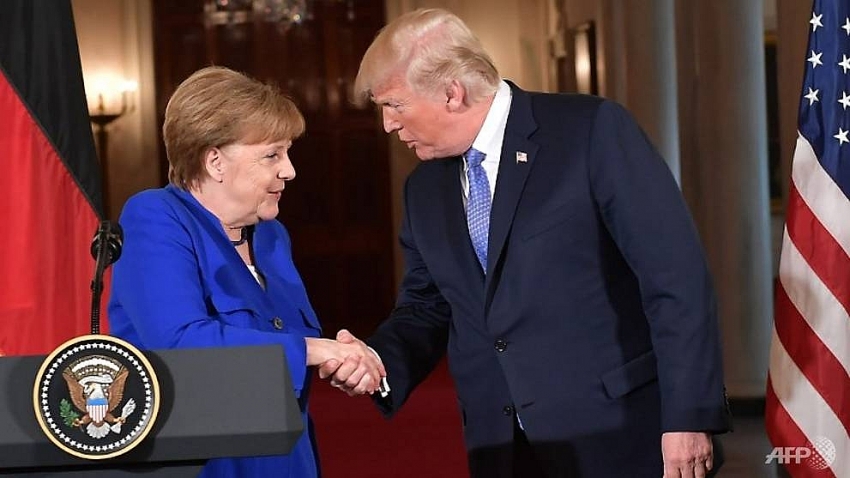 |
| Germany's Chancellor Angela Merkel shakes hands during a joint press conference with US President Donald Trump in the East Room of the White House on Apr 27, 2018 in Washington, DC. (Photo: AFP/Mandel Ngan) |
Merkel left the White House, seemingly unable to secure a promise from Trump to stay in the Iran nuclear deal or to provide a permanent European exemption to trade tariffs.
Unless Trump acts by May 1, which is next Tuesday, tariffs on European steel and aluminium will kick into effect, likely followed by EU countermeasures that would spark a transatlantic trade war.
"The president will decide. That is very clear," Merkel said, papering over differences during a joint press conference at the White House.
"We had an exchange of views on the current state of affairs of the negotiations and the respective assessments on where we stand on this. And the decision lies with the president."
On the Iran nuclear deal, which Trump may scuttle on May 12, Merkel conceded it was "anything but perfect" but is worth holding on to nonetheless.
Trump has demanded the "terrible" deal - which gave Tehran sanctions relief in return for curbs on controversial nuclear activities - be renegotiated, something Europeans see as unrealistic, dangerous and unnecessary.
Merkel, like French President Emmanuel Macron who visited the White House earlier this week, tried to sell Trump on the idea of the deal being a stepping stone to a longer-term, broader agreement.
"It will not solve all the problems with Iran. It is one piece of the mosaic, one building block, if you like, on which we can build up this structure," she said.
Trump was as noncommittal as he was with Macron, giving no sense that he was ready to bend, or that he has an alternative plan.
"They will not be doing nuclear weapons. That I can tell you. Okay?" Trump said when asked about his own proposal, refusing to rule out military action.
The White House has largely seen the deal through the prism of domestic politics and Trump's campaign promise to nix it.
Despite lingering disagreements, Trump tempered his previously harsh criticism of low German defense spending, open immigration policies and export-focused trade.
Hailing Merkel as an "extraordinary woman," Trump insisted "we must have a fair and reciprocal trading relationship with our friends and partners."
"I'm committed to working with Chancellor Merkel to reduce barriers to United States exports, to remedy these trade imbalances, and deepen our economic ties."
Trump also renewed his criticism of NATO, saying the transatlantic defense alliance was more useful for Europe than for the United States, but in less sharp terms than before.
"NATO is wonderful but it helps Europe more than it helps us," he said, returning to a pet peeve.
"Why are we paying a vast majority of the costs?" he complained. "We're working on those things. It's been unfair. And I don't blame the chancellor."
MAKE GERMANY HEARD AGAIN
The German leader's visit had been overshadowed by a backslapping three-day festival of "fraternite" between Trump and Macron earlier this week.
Aware of the optics, anxious German diplomats pressed - in vain - for Merkel to enjoy a similarly meaty two days at the White House, betting the face time would help sweeten difficult relations, officials told AFP.
Instead the chancellor got a one day, run-of-the-mill "working visit."
But the trip got off to a surprisingly warm start, and the body language showed. The two leaders exchanged kisses on the cheek as Merkel emerged from her limousine at the White House.
"We actually have had a great relationship right from the beginning but some people didn't understand that," Trump told reporters. "But we understand it, and that's what's important."
When Merkel last came to Washington, the cautious dry-witted chancellor held several awkward joint appearances with her more impulsive host - clashing publicly over defence spending, trade and migration.
The Trump era has seen a dramatic change in fortunes for the German leader who, for more than a decade, was seen by Washington not just as a sensible and pragmatic interlocutor, but the de facto leader of Europe.
Her relationship with Barack Obama was particularly close, officials from that administration have said, so much so that he was a powerful voice encouraging her to run, successfully, for a fourth term.
Their partnership has proven - along with centrists claiming her as the new "leader of the free world" - to be a poisoned chalice for Berlin in the age of Trump.
Just hours before the chancellor landed late Thursday, some 15 months after Trump was sworn into office, the Republican-controlled Congress finally got around to confirming an ambassador to Germany.
Both Merkel and Trump welcomed his appointment.
What the stars mean:
★ Poor ★ ★ Promising ★★★ Good ★★★★ Very good ★★★★★ Exceptional
Related Contents
Latest News
More News
- Thailand seeks to promote digital training (November 04, 2024 | 16:14)
- Indonesia attracts foreign investment in technology sector (November 04, 2024 | 16:08)
- Tropical storm Trami leaves at least 24 people dead in Philippines (October 24, 2024 | 17:36)
- Singapore grants conditional approval for solar power import from Australia (October 24, 2024 | 17:27)
- ASEAN digital economy set to reach $2 trillion by 2030 (October 22, 2024 | 15:08)
- Thailand asks Laos to waive visa fee at border checkpoints to boost tourism (October 21, 2024 | 17:23)
- Laos pledges to continue efforts to empower girls (October 21, 2024 | 17:17)
- Chinese electric vehicle maker to build plant in Indonesia (October 21, 2024 | 17:12)
- Vietnam Elevator Association introduces Elevator Safety Application to the world (October 18, 2024 | 09:00)
- A taste of the future - the go-to spot at the Worldchefs Congress & Expo 2024 (October 15, 2024 | 16:11)




 Tag:
Tag: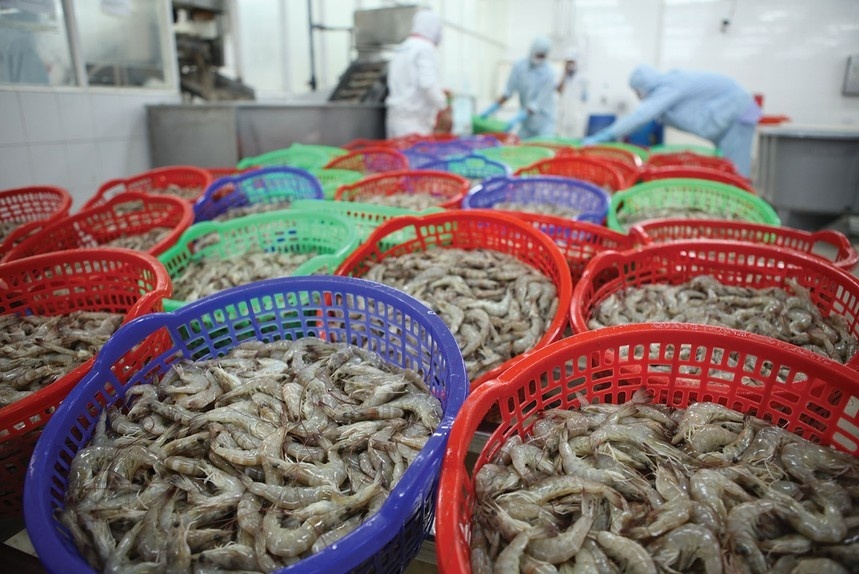

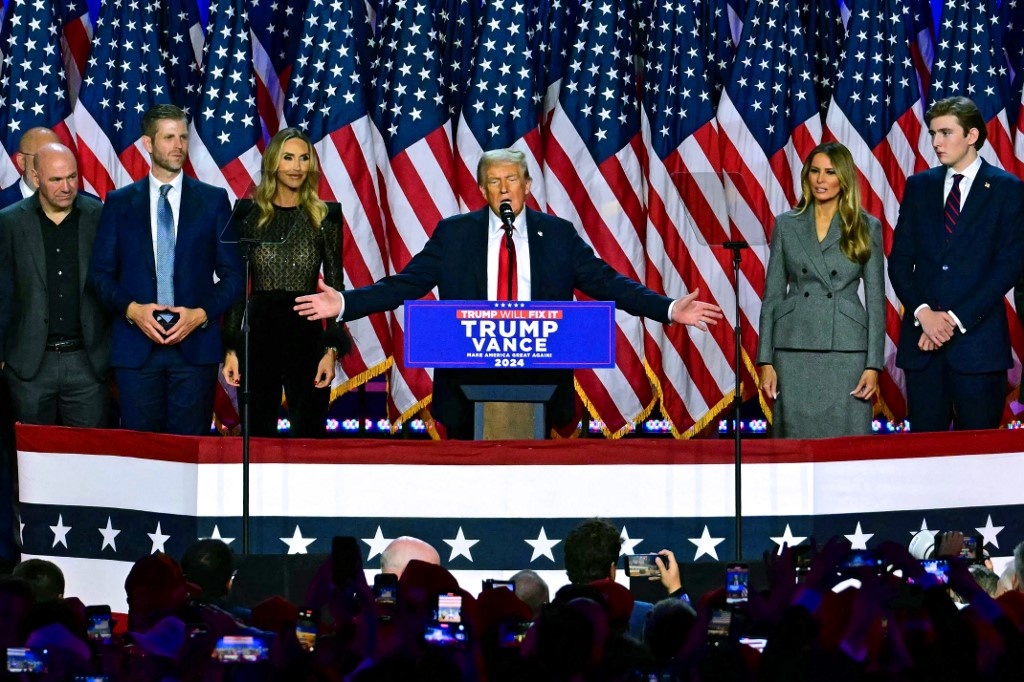
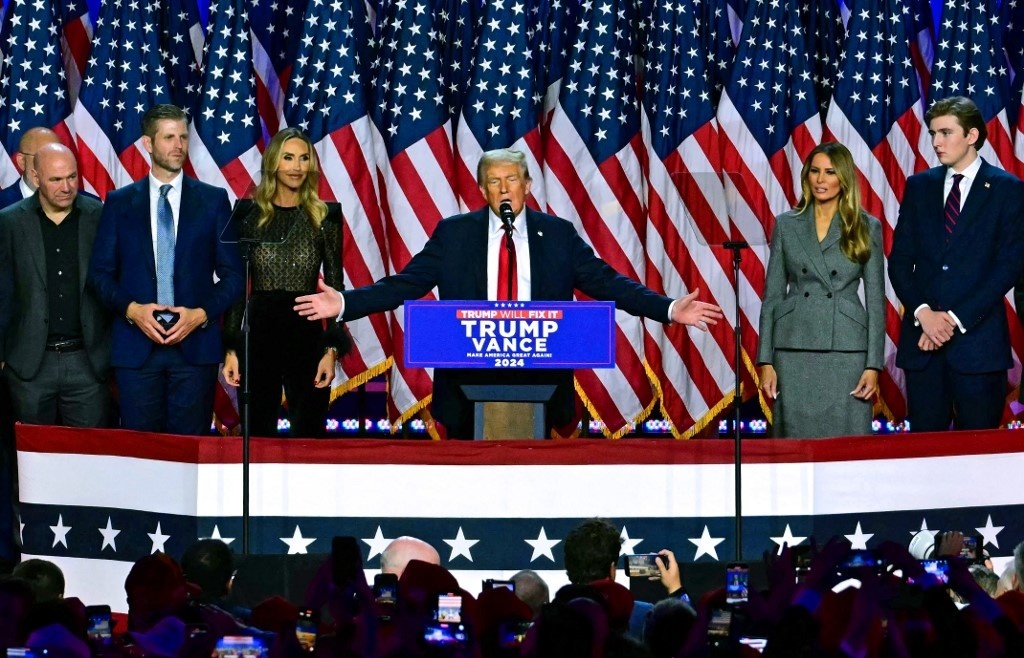
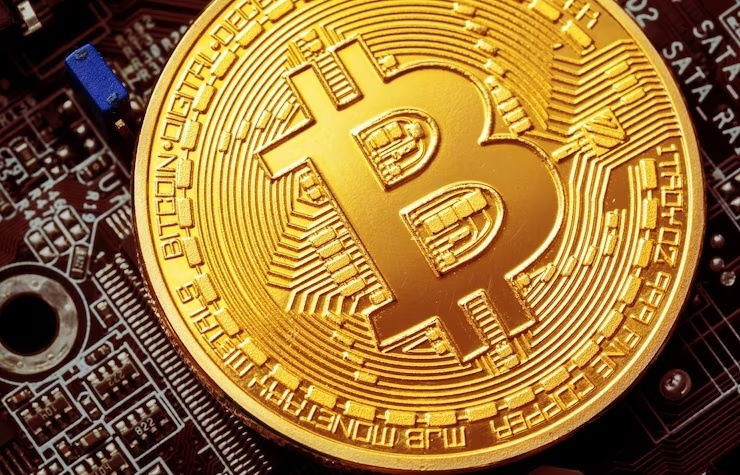
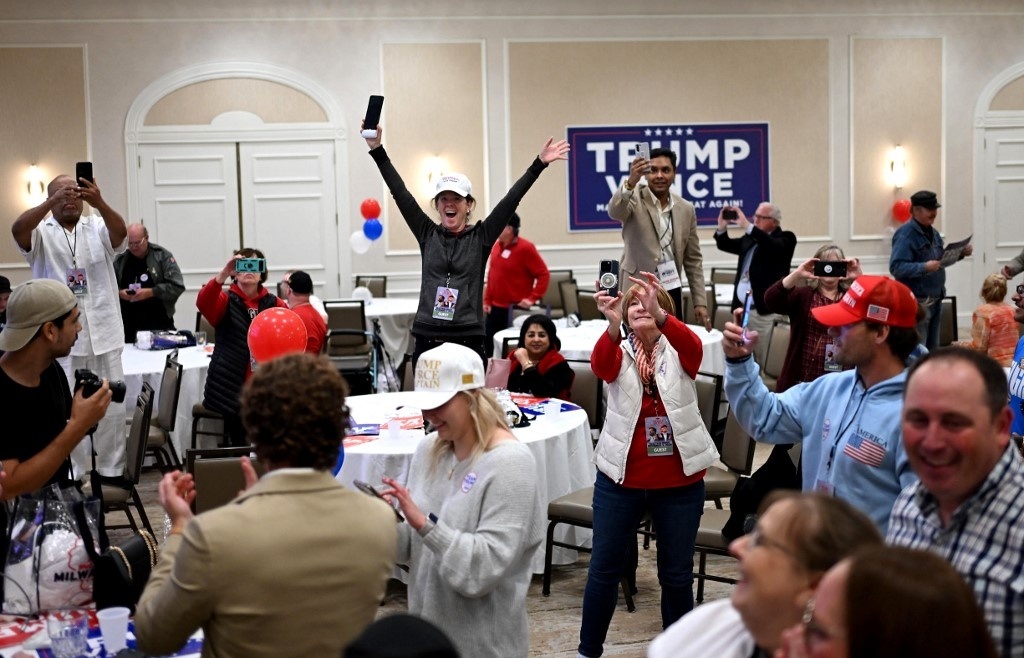
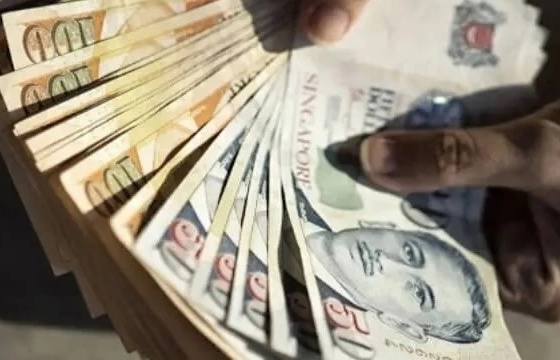
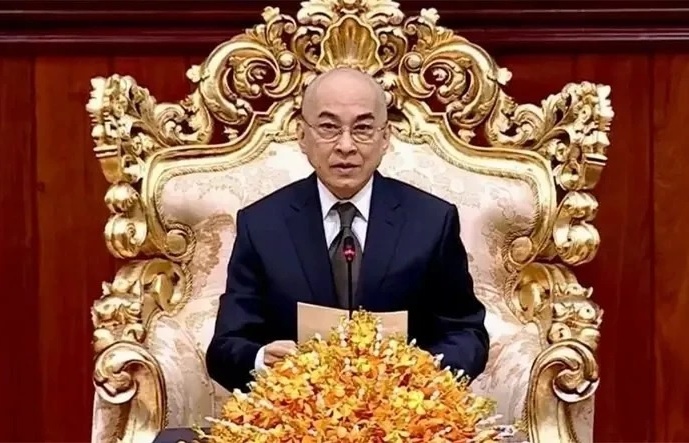
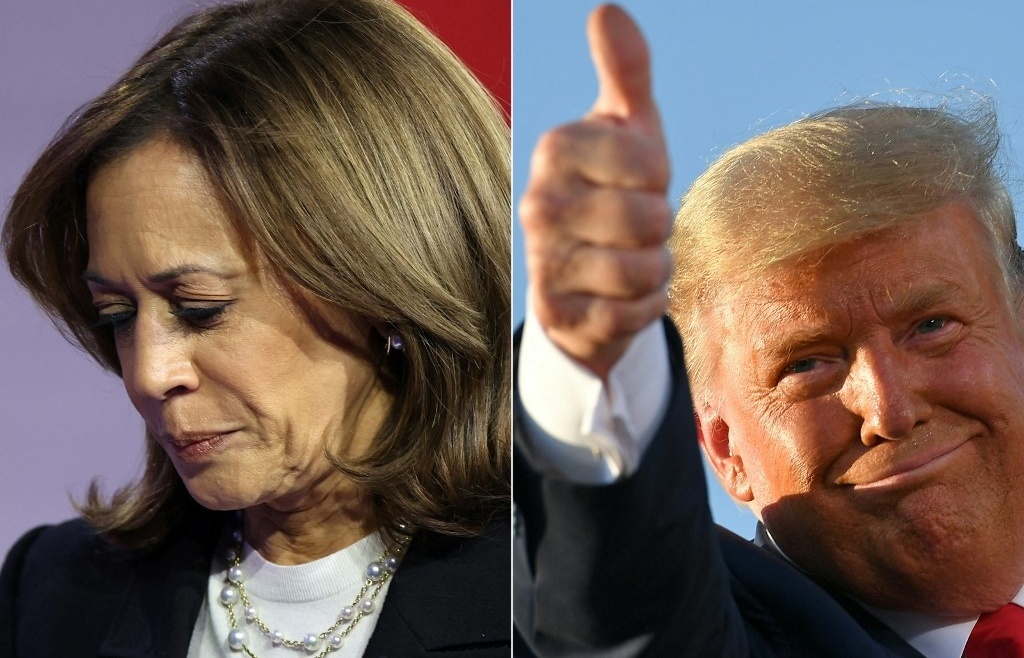
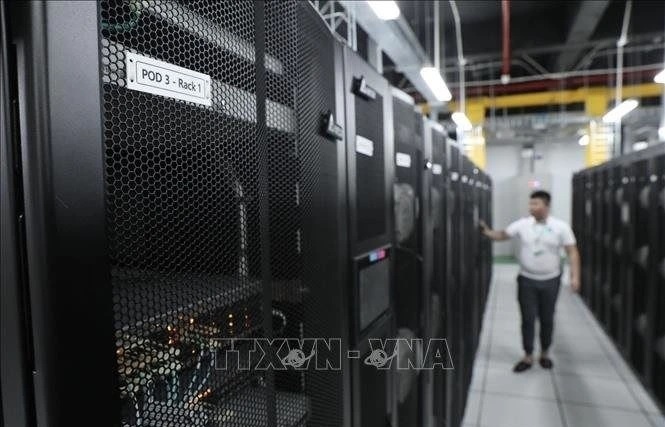




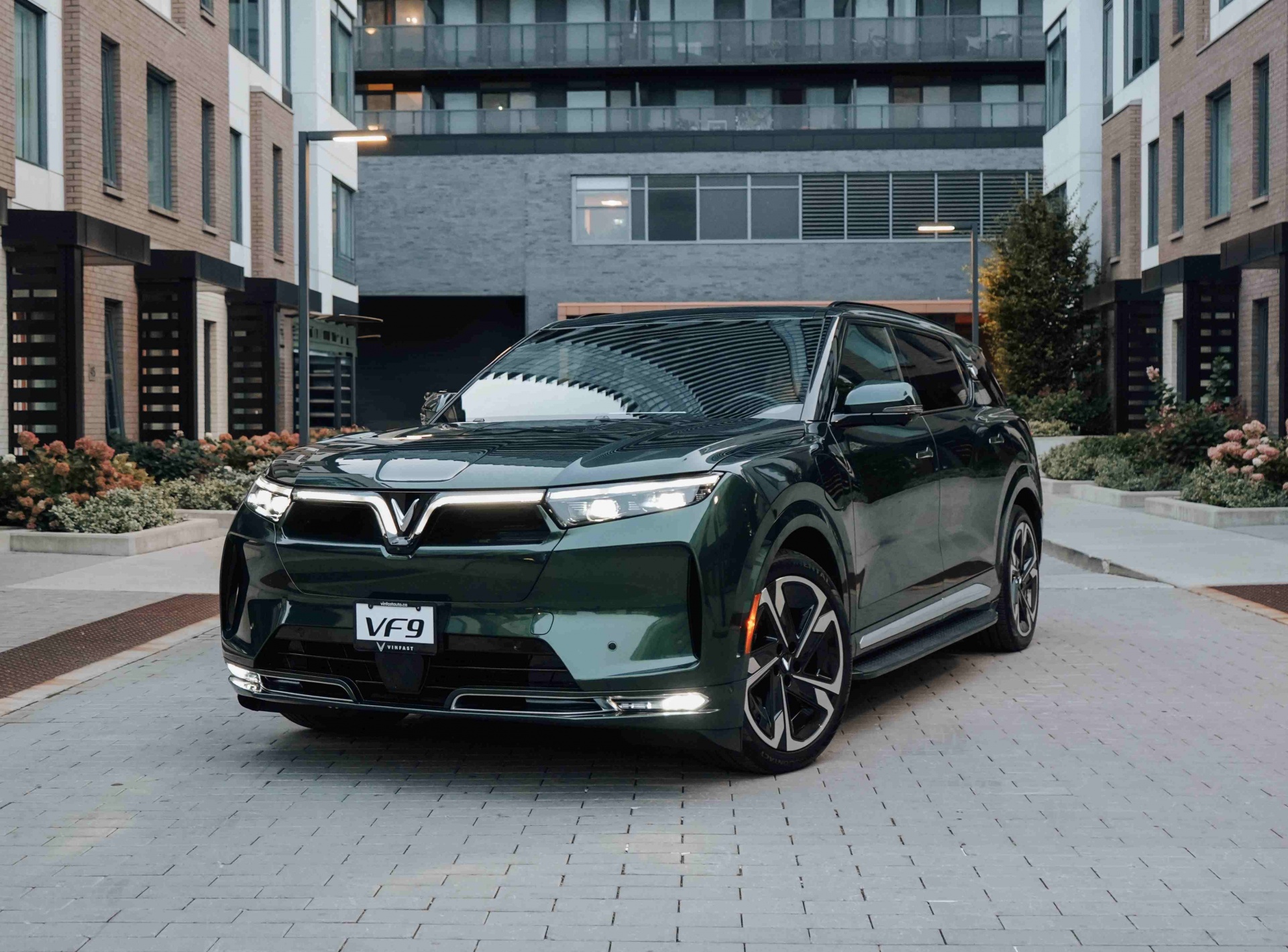
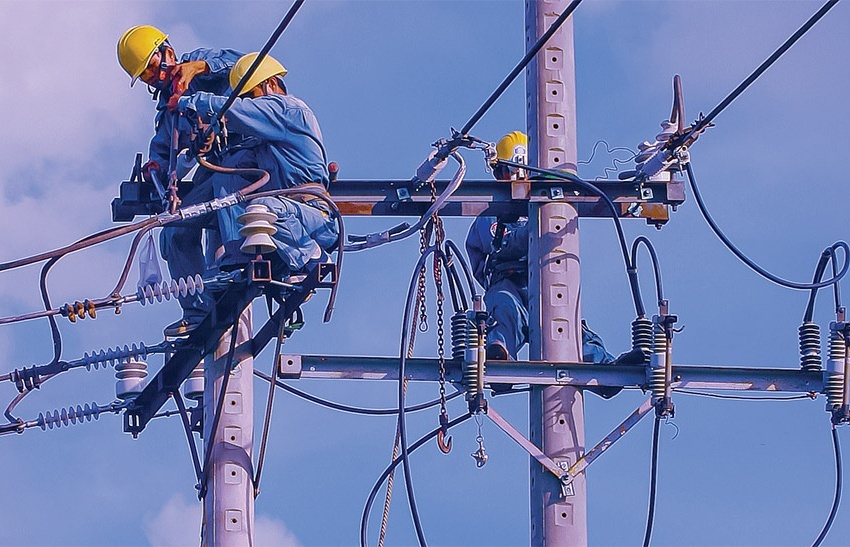



 Mobile Version
Mobile Version